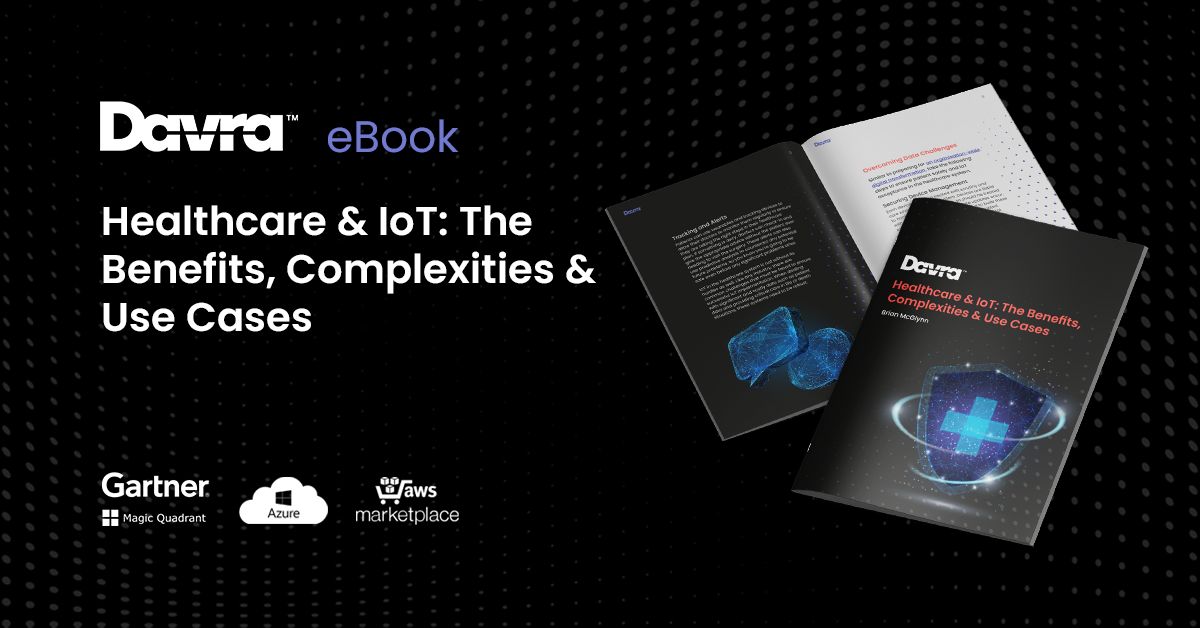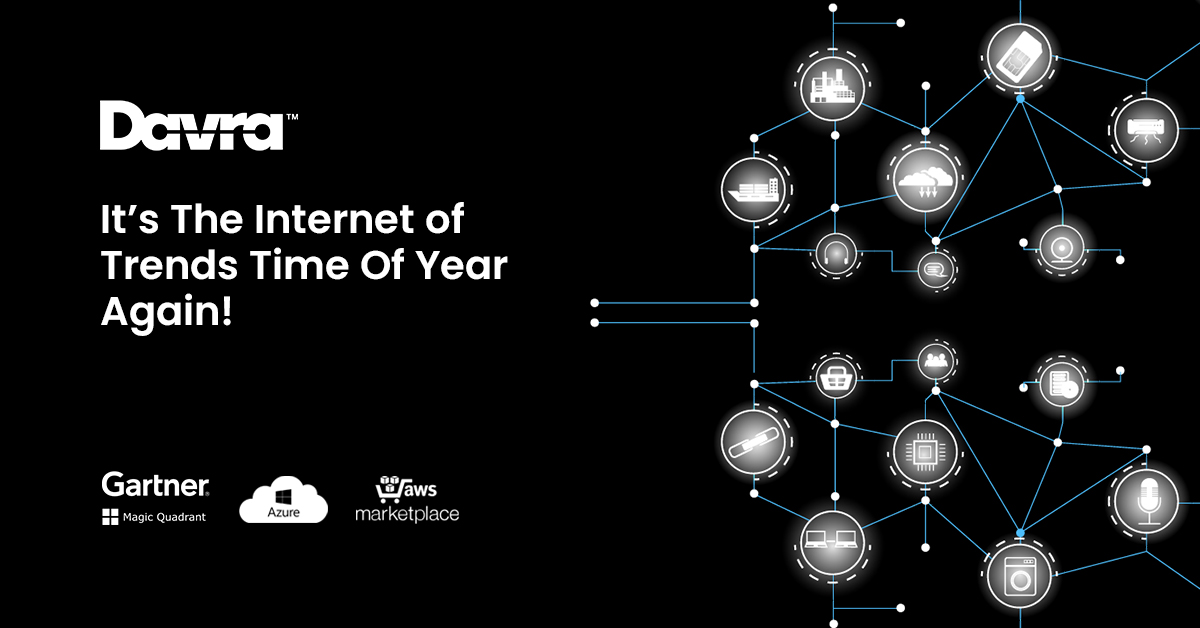IoT in Healthcare Use Cases eBook
Download Your Free IoT in Healthcare Use Cases eBook
Read More


Who doesn’t love a good trends blog post? And if there’s one thing we’re excited about in 2021, it’s the prospects of a brand new year, which can’t possibly be any worse than the one we’ve just had.
It’s pretty funny (actually, read scary) that in our 2020 trends post last year, we predicted that smart PPE would take off. And boy, were we not prepared for precisely why we’d need PPE! We’d rather not boast about how at least one of our predictions came to fruition, but instead, let’s look at how trends do play out. No one can foretell trends and the future, or you know, a big giant global pandemic!
Nonetheless, trends are a great way to get excited about the future, be it to develop new products in your company, become an entrepreneur, or give your organisation that overhaul you’ve been pining for since you first joined. Covid will, of course, impact the trends expected in 2021, but there are still significant advances in technology.
In this blog post, we’re going to focus on 3 IoT trends that we expect will dominate the IoT market in 2021, and for a good reason.
1. Buildings Get Smarter
Way back in March, we all received our marching orders to leave the offices and stay home. Little did we know that for the rest of the year, we’d barely make a single trip back to the workplace. COVID has completely changed how we work and also our environment.
Enter smart building technology. No, not necessarily the kind that turns lights on when you walk into the room or adjust the room temperature. The focus will now be on worker safety and physical distancing to allow everyone to work in a COVID-free environment. Monitors that will enable workers to track their whereabouts in the building to ensure they maintain the correct distance, and mapping that shows what rooms are filling up, will allow workers to make the right choice when they enter the office.
These activity monitors will allow companies to develop safe strategies for their workers, giving everyone peace of mind when they reenter the office.
2. The Rise and Rise of Connected Industrial Assets
The pandemic also highlighted the importance of remote monitoring. In large industrial settings such as warehouses and production lines where people need to work in tight spaces, there were unfortunate increases in COVID-19 cases. This highlighted the importance of asset monitoring, as it decreased the likelihood of having to shut down all operations due to a lack of personnel.
The pandemic pushed many industrial companies to swiftly tackle a big task, but now they can benefit from remote asset monitoring. Not only are they protecting employees, but they can also assess the performance of their expensive manufacturing tools. Deriving data from this equipment opens up a new way of tracking asset and business performance, creating new capabilities and revenue streams that were not previously accessible. Predictive maintenance, faster alert response, and data analysis are just a few of the possibilities of remote monitoring and connected assets.
3. IoT Healthcare Investments
Davra is a significant driver of remote patient monitoring. Still, the pandemic has also highlighted the increased need for this type of tracking to minimise the virus’s risk. Using powerful AI tools such as supervised and unsupervised learning, these models are fed data from monitors in the patients’ homes. Based on their historical data and movement norms, the models can alert carers or doctors when they carry out an abnormal activity. For example, if they stay in a room for too long in the morning, the model will know that that’s an unusual activity and flag the alert system so the patient can be checked.
As well as care home patient monitoring, online patient calls are also set to rise due to the virus dramatically. This will undoubtedly spur the uptake of secure patient data management procedures and software for doctors and hospitals worldwide. Ensuring patient data is easily accessible, so they don’t need to travel unless under extreme circumstances enables those at risk to remain safe. To find out more about IoT in Healthcare download our IoT Healthcare Use Cases eBook.
It’s always important to look back on how far we’ve come to ready ourselves for the future. And this has certainly been the case with 2020, a year that will shape technological advancements and trends for years to come. It’s clear from these trends that the pandemic has shaped our future and made it less tech-focused for tech’s sake, but is now moving towards real value-providing use cases and whole organisational shifts. These IoT shifts and digital transformations cannot happen without a secure and reliable system in place, which we here at Davra always focus on. If you would like to chat with us today about how your company can adopt these IoT trends for 2021 and develop for a new future, please contact us today.
Brian McGlynn, Davra, COO
Download Your Free IoT in Healthcare Use Cases eBook

Davra IoT is the only Industrial IoT Platform Available on AWS Marketplace
Read MoreThe Collaboration of Humans & Robots Has Created The Cobot
Read More